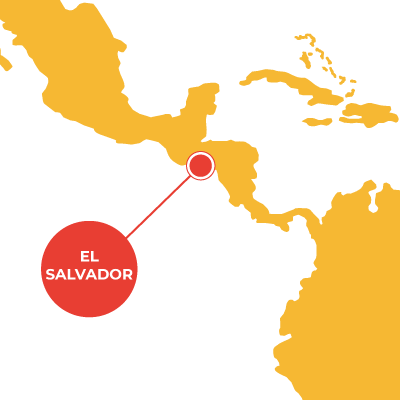Findings of the baseline study on migration and displacement in the SICA region
The main objective is to document the causes and consequences of migration in the region and to identify possible development areas that will serve as the basis for the Comprehensive Plan of Attention to Migration in Central America (PAIM-SICA). The study is the result of the joint work of SICA, IOM and UNHCR. It was developed through a collaborative methodology that included inter-agency workshops with the eight Member States, in which more than 70 government officials participated.

